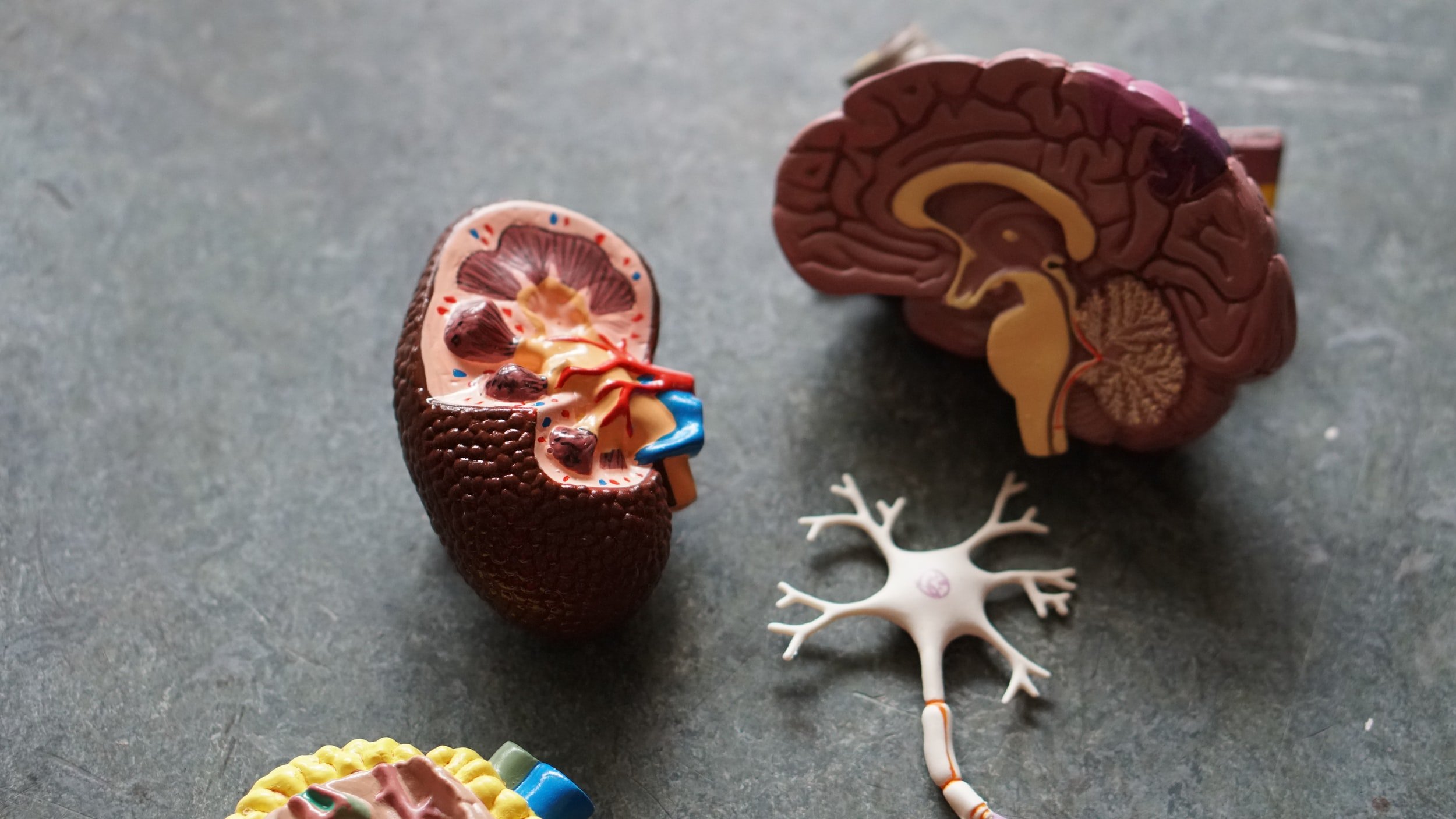Why thank you?!
Did you know November is National Gratitude Month? …Me neither! But now that I know, I’ve been thinking more on what gratitude is, what it isn’t, what the benefits are, and how to better incorporate it into my everyday life. I want to understand why “thank you” is important.

First off, I think it’s important to clarify what gratitude is… the Oxford dictionary simply defines it as the quality of being thankful; readiness to show appreciation. I think the key word there is being… almost implying that we embody it, not just possess it. Gratitude goes deeper than saying “thank you” when someone does you a favour or gives you a gift. True gratitude evokes a positive emotional response– taking us out of our heads and into a deeper level of genuine appreciation. It is both a practice and a feeling. It can be both a habit and a reaction.
On the other hand, gratitude is not forcing ourselves to look past or ignore the negative. It is not a means for glossing over the realities of painful emotions or difficult life circumstances, but it is a way to help cope. Let me be the first to say that gratitude is indeed a beneficial practice, but it’s okay if it’s not always your first response – in fact, that’s not only unrealistic, but it’s also not helpful. We need to be able to process all our emotions, not just the “positive” ones. So often in a counselling session, I’ll hear a client express all that feels distressing in their life, and then use gratitude as a “bow on top.” This can sound like, “…But anyway, I know I have a lot to be thankful for, and I really can’t complain.” That is not the time to channel gratitude… there is certainly a time and place to sit in the discomfort and acknowledge the distress of sadness, grief, fear, anger, jealousy, etc. Every emotion deserves its moment in the spotlight because every emotion has something to tell us. Gratitude is not a Band-Aid to our pain; it is best used as a practice for deeper healing.
The idea of gratitude is that it’s not just available to us when everything is going well, but even despite things not going well, we can still feel or embody it. That, to me, feels hopeful. If we had to wait until the choppy seas of life calmed entirely to feel grateful, we may be waiting a long time. Gratitude is a powerful emotion that actually has the ability to change your brain... It’s true!

Have you ever heard the sentiment, our minds become what they rest upon? Maybe read that again, so that the message really sinks in… Essentially: what we think about is what we become. Now, if you’re wondering if I’m making this up, or channeling my inner fortune cookie, let me introduce you to the science of neuroplasticity.
Neuroplasticity refers to our brain’s ability to adapt, modify, or change both its structure and function throughout our lifetime. Knowing this about the brain has significantly impacted the world of counselling and psychology. It has given new hope to those who live with symptoms of depression or anxiety. Essentially, neuroplasticity suggests that by self-directing our thoughts, we can modify our emotional experience. We now know that the neural networks in our brain – the things we rely on to solve problems, correlate data, identify patterns, or form a new habit – are adaptive. This is great news!
How does this tie into gratitude, you ask? Research has shown that practicing gratitude is one way we can actively engage in the rewiring of our brain. If we can be more intentional about focusing on the positive feelings of gratitude, we are essentially choosing what our minds will become, and rewiring our neural networks into a new default state. The more we practice it, the easier it becomes. This is the promise of neuroplasticity! Gratitude has the power to enhance our mood, lower stress, and significantly improve our overall health and well-being. It has been linked to health benefits such as lower blood pressure, fewer stress-related illnesses, decreased rates of depression, improved sleep quality, and strengthened immune systems. Not to mention improved relationship satisfaction and feeling less lonely or isolated. All this from the simple practice of gratitude? Yes please!
Now that we understand a little more of the science behind gratitude, let’s explore some ways we can take advantage it. Here are three simple, researched-based ways to incorporate gratitude into your daily life.

Start a gratitude journalImplement the daily practice of reminding yourself of the gifts, benefits, joys, and graces of your life. This doesn’t have to be monumental things like your career or family (though if you feel grateful for those things, then great!). It can also be simple things like someone holding the door for you, or the way the light filters through the trees on a walk, or a quality you’re glad you possess. See if you can get in the habit of listing out at least 5-10 things a day that bring you gratitude.
The 3 QuestionsReflect on the relationships you have with the key players in your life: friends, parents, siblings, partner, kids, co-workers by asking yourself these three questions: “What have I received from __?” “What have I given to __?”“What troubles and difficulty have I caused?”Really spend some time being honest here, and just notice how the feeling of gratitude shifts. Feel free to answer these questions in your gratitude journal!
Share Your GratitudeResearch shows that expressing your gratitude to others significantly improves relationship quality and satisfaction. You benefit by getting a release of feel-good hormones in the brain, and the other person gets the benefit of knowing you care and see them. So, the next time someone does something you appreciate, be intentional about communicating that you noticed. Speak it out loud or write them a note.
So, there you have it. Of course, there are plenty of other ways to build a practice of gratitude, but these are a few to get you started. Feel free to get creative with it, and just watch how your brain starts to rewire!
